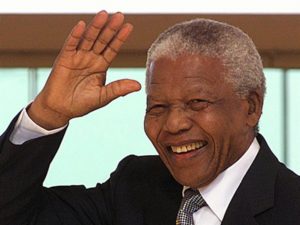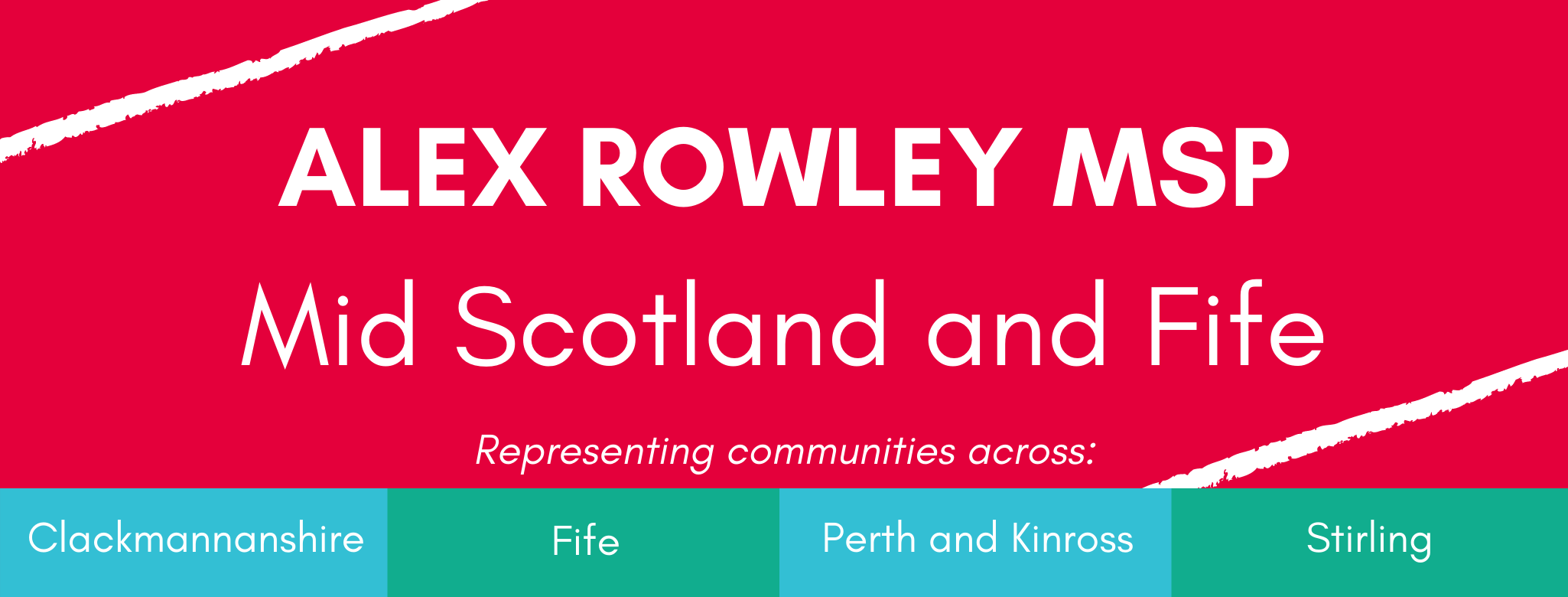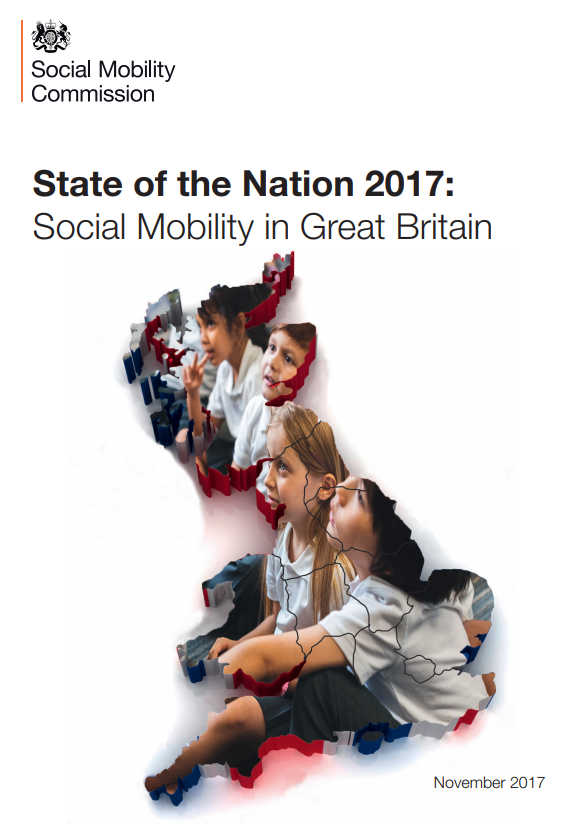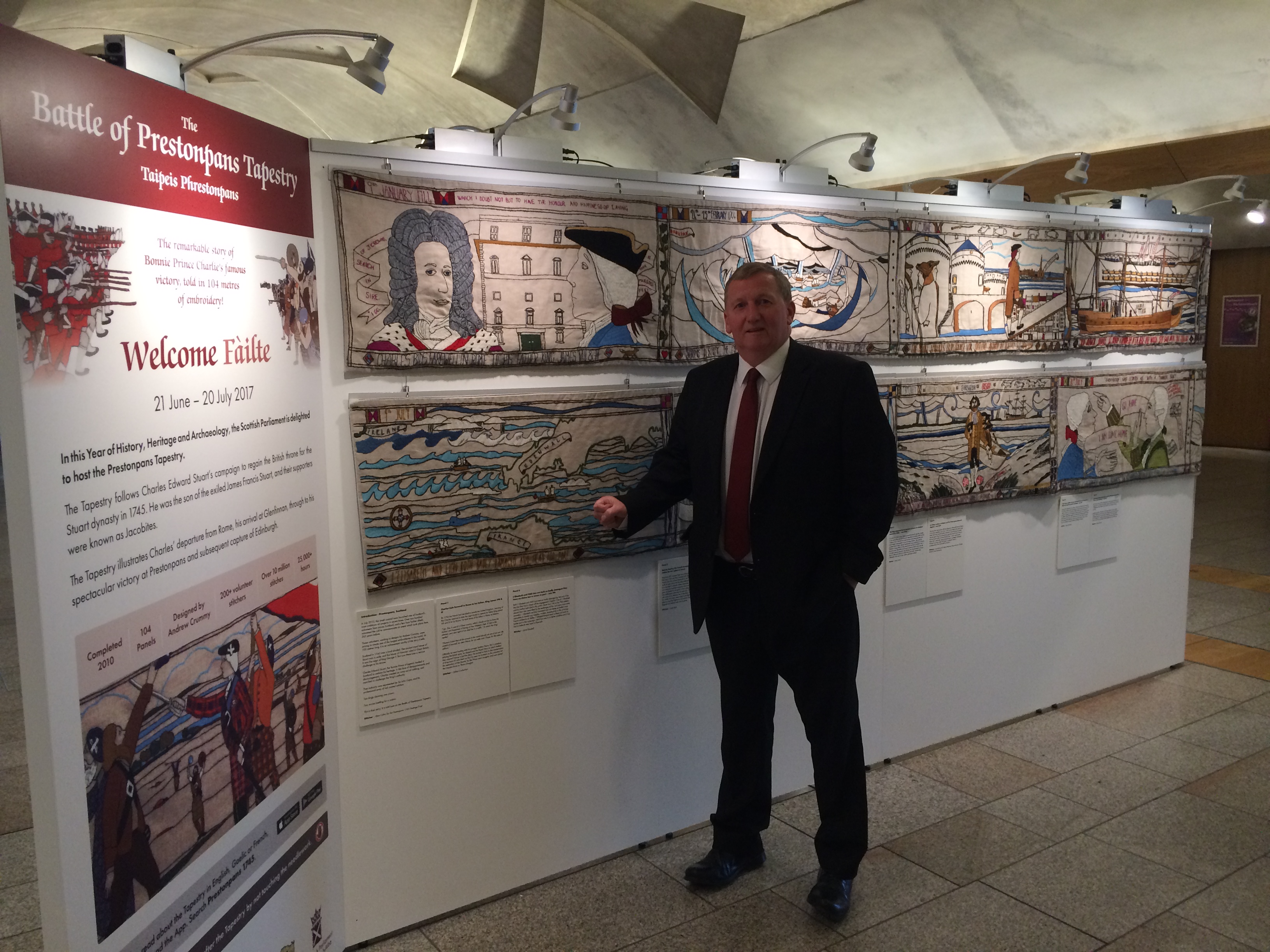
Gordon Brown’s tribute to Nelson Mandela in the House of Commons Gordon Brown’s tribute to Nelson Mandela in the House of Commons
The following speech was delivered by Gordon Brown MP in the House of Commons on Monday 9 December 2013.
“Fifty one years ago, directly across from this House in Parliament Square, standing in front of the familiar statues of Gladstone and Disraeli, Peel and Palmerston, Lincoln and General Smuts, on a first visit to London and turning to his friend, Oliver Tambo, Nelson Mandela asked when and if a black man would ever be represented in that square.
That day in June 1962 is significant because this was not only his first visit to London but could have easily been his last. It was one of his last days of freedom: within a few weeks he was under arrest, in prison, facing two trials, one for his life, and a 27 year confinement.
So it was a very special moment when, in 2007, I had the privilege of unveiling on behalf of the people of Britain the statue of the first black person to be honoured in Parliament Square: Nelson Mandela himself, in the presence of him and Graça, his wife.
And there, directly across from this chamber, he stands now and forever, his hands outstretched, his finger pointing as his whole life did, upwards towards the heights. His life, testimony – as I said at the unveiling – that no injustice can last forever.
Not only the greatest leader of our generation and – this is my theme – across the generations; but the most courageous man you could meet.
Courage, Winston Churchill said, is the greatest human virtue of all, for upon it all else depends.
Mandela had passion, commitment, determination, charm and eloquence – but they came alive because of his courage.
We tend to think of courage as bravado, daring, willingness to take risks, and even recklessness: qualities Mandela exhibited in abundance. But, as Mandela said, true courage requires not only strength of will but also a strength of belief. And what motivated Mandela and drove him to risk his life for freedom, what led to the end of apartheid – his first and historic achievement – was a burning passion that irrespective of colour, race and background, all men and women are equal, born to be free, created not with their destiny to be poor but to enjoy dignity in life.
And you can understand the intensity with which he believed in something bigger than himself, and his determination never to be paralysed by fear, because, imprinted on a battered volume of poetry smuggled into Robben Island – “The Works of William Shakespeare” – alongside Mandela’s own signature, N Mandela, he has marked out words spoken by Julius Caesar:
‘A coward dies a thousand times before his death, but the valiant taste of death but once. It seems to me most strange that men should fear, seeing that death, a necessary end will come when it will come’
And remarkably, that courage to face up to evil stood with a lack of bitterness about those who had done evil to him. He forgave his prosecutors, his prison wardens, his would-be executioners. And we know on the night before he left prison he told fellow prisoners that while they were justified in acts of revenge, retribution and retaliation, there would be no multiracial South Africa if that happened. So to achieve change though reconciliation is his second great achievement.
But refusing to relax after his presidency ended, Mandela has a third great historic, far less acknowledged achievement to his name. He himself wrote that in the first part of his life, he had climbed one mountain – to end apartheid – but in the latter part of his life, he said, there was still another great mountain to climb – an end to poverty – and to end poverty especially among children. Every accolade in the world was awarded to him, but I believe that the one he prized the most was the title of Children’s Champion.
And I need only speak of what I saw, how quietly, without any fanfare, he helped the UK: coming to London at my request on 2005 to persuade finance minsters of the biggest ever programme of debt relief to reduce poverty. Secondly, when in Mozambique, he and Graça – herself a great leader who shared his ideals, the person to carry forward his legacy – launched Britain’s $15 billion plan, the biggest contribution a country has ever made to making us by 2015 the first generation where every child is at school. Calling on us to end child labour, child marriage, child trafficking and discrimination against girls – typically saying that because of the cause he had come out of retirement – again – and at the end of the conference saying that he was returning to retirement – again – and it was now up to us.
And third, when I visited in Johannesburg, the week his son died of AIDS, insisting, even in his grief, on meeting the media with me to say that we must never treat AIDS censoriously as a moral judgement, but like the Tuberculosis he had suffered: a medical disease to be cured. And there we saw the intensely human Nelson Mandela, his greatness as vast as the continent he loved; this greatness, the greatness of the human soul.
Mr. Speaker, my good fortune was to meet the man – whom I and millions supported for years – not long after he came out of prison and become President. I remember his first greeting: “Ah,” he said, “a representative of the British Empire!” And then he flashed that same smile that could light up a room – and a world.
Ten years ago this year, on the day after my first son, John, was born, the phone rang at my home in Scotland. I picked it up. It was Nelson Mandela, who too had lost a child in infancy, and so started a wonderful annual ritual – John’s birthday the same as Graca’s; later our second son, Fraser’s was the day before Mandela’s – with telephone calls and then presents, letters and cards, the last only this October.
Raising money for children’s causes was the purpose of the Mandela Foundation Dinner in London when President Clinton and I were proud to pay tribute, before an auction to buy the original of his famous “Letter To a Child”. Both Elton John and Oprah Winfrey bid up to a £1 million – and then Oprah went above it. I think only then she was told it was not dollars she was paying but pounds and Mandela and I joked that for a second million, it was worth penning a second letter for Elton John.
His last public appearance in London was also to raise funds for children: the Hyde Park concert at which, sitting next to him, my task was to explain to him – I the least well equipped to do so – who each of the performers were, what they were and what they were about. He was fascinated to meet Amy Winehouse, sadly no longer with us, and I remember her joking with him that he, Mandela, and her husband had a lot in common: they had both spent a great deal of time in prison.
At one point, he wanted a drink. Graça, his wife, was of course worried that alcohol would imperil his already fragile health, and so I will never forget the sight of Nelson Mandela, with a lifetime of achievements, surely entitled to one celebratory drink at his own concert held in his honour, at 90, hiding from his wife’s view his glass of champagne I had surreptitiously obtained.
What few people know about Nelson Mandela is that he loved to tell stories and he loved to gossip – about everyone from the Spice Girls to current world leaders, comments that I will not repeat today. But he admired and respected Her Majesty the Queen, and told her how, when President, he wanted Her Majesty to invite an African Rain Princess from his tribe to Buckingham Palace. Dissatisfied with the Embassy’s reply he phoned The Queen personally. His first words ‘Hello Elizabeth’ were words only he could use and get away with. His second words were ‘How’s the Duke?’ and while the official minute said the palace was non-committal, he got his way.
Mr. Speaker, hung by Mandela on the bare walls of that bleak prison cell was a facsimile of the British painting by Frederick Watts.
It is a haunting image of a blind girl sitting on top of a globe of the world, and entitled “HOPE”, it is about the boldness of a girls belief that even when blinded, with a broken harp and only one string, she could still play music. Mandela, like her, sending a message that even in the most difficult and trying of times and bleakest of circumstance, even when things seem hopeless, there is still hope.
And that explains why over these last few days at one and the same time we have both mourned the death of Mandela and celebrated his life with equal intensity.
Mourning because as long as Mandela was alive, you knew that even in the worst of disasters, amidst the most terrible of tragedies and conflicts, there was someone standing between us and the elements, someone representing goodness and nobility.
And we are part of a celebration because the lessons we learn from him live on:
He teaches us that no injustice need last for ever.
And that wherever good people of courage cone together there can be infinite hope.”





